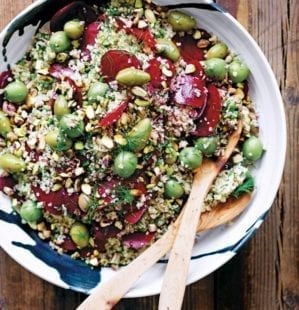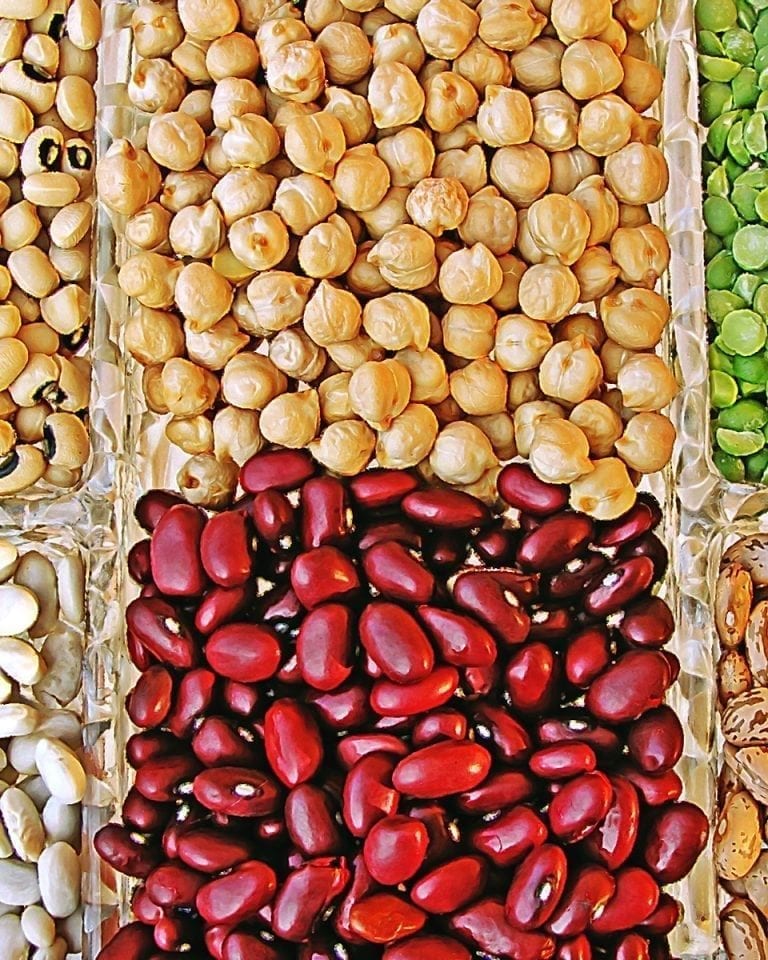Is a raw food diet actually good for you?
A new wave of chefs with a love for bake-free pizzas and uncooked brownies is helping to turn the idea of ‘eating raw’ from niche to normal.
But can a diet that outlaws cooking really be a healthy one? Registered dietitian Juliette Kellow sets the matter straight.
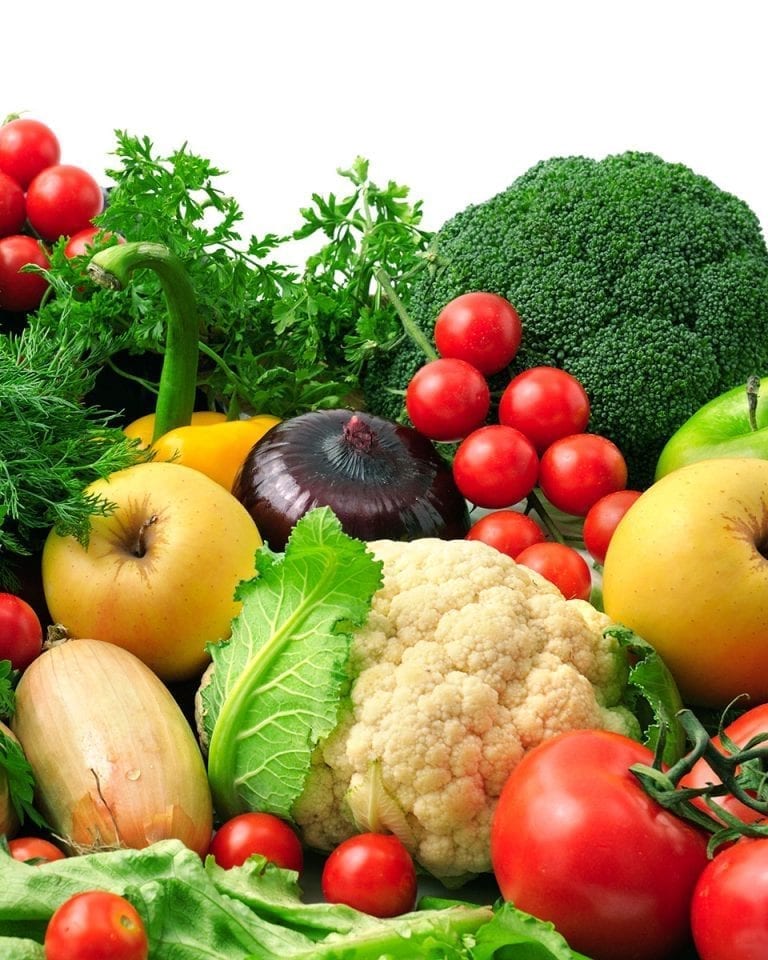
Fans of eating raw have a motto: if you cook it, you kill it. “The most healthful food for the body is uncooked and not heated above 48°C to preserve the enzymes,” says Anya Ladra, chef and founder of Raw Fairies, a London-based raw food delivery service. “Enzymes are one of the life forces of food, responsible for every metabolic action in the body,” she explains. Raw advocates say that the benefits are obvious, leading to fewer digestive problems, more energy, healthier skin, hair and nails, improved sleep, enhanced immunity and weight loss. Some raw food fans believe that this way of eating can also facilitate healing.
Jenny Ross, owner of a ‘living-food’ restaurant in California and author of Healing with Raw Foods, says switching to raw cured her health problems. “It can offer relief from conditions such as ulcers, headaches, indigestion, chronic fatigue and depression,” she says.
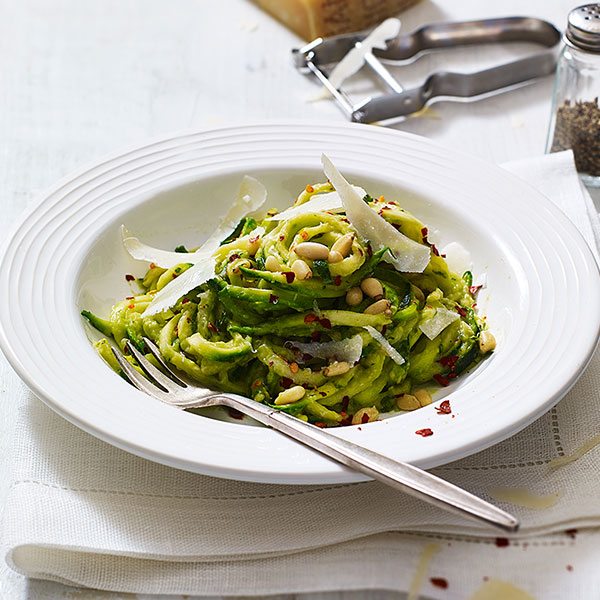
However, most nutrition experts disagree. “There’s no scientific evidence that eating a raw diet boosts health or reverses medical conditions,” says registered dietitian Helen Bond. “And the idea that enzymes in food aid digestion is a myth. Our bodies produce all the enzymes we need to digest food.” Richard Wrangham, biological anthropologist at Harvard University and author of Catching Fire: How Cooking Made Us Human, agrees: “To scientists, the idea that enzymes in foods contribute to digestion or cellular function in our bodies is nonsense because these enzymes are themselves digested in our stomachs and small intestines.”
Can it all be bad?
So what are the proven benefits of eating a diet that bans grilled, steamed, boiled, roasted, baked or fried foods, leaving you with little to munch on other than fruit, vegetables, seeds, nuts, sprouted seeds, fermented foods, cold- pressed oils and raw cacao?
“A raw food diet does promote eating more fruit and veg, which is a positive,” says Bond. “And cutting out processed foods – as these have usually had some form of heat treatment – can reduce saturated fat, salt and added sugars. This diet is also filling because most raw foods are high in fibre and need a lot of chewing. That’s good for our waistlines as studies show chewing makes us satisfied so we eat less.”
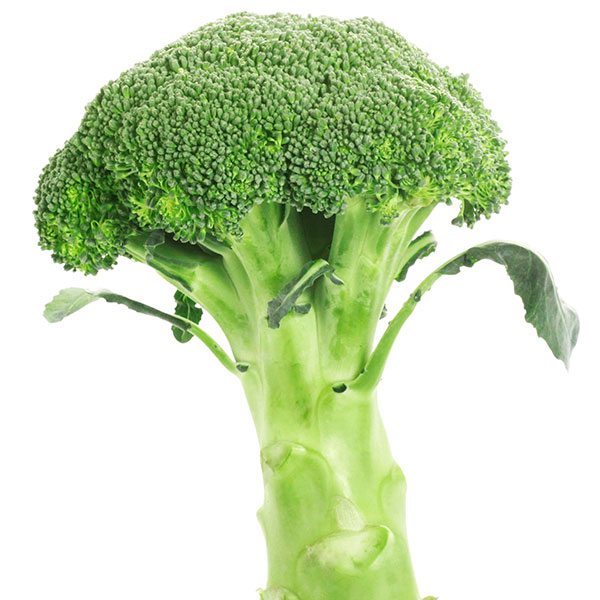
A weighty issue
While it can be beneficial to shed excess weight, some people who follow an entirely raw food diet may experience weight loss to an unhealthy degree. In the largest study to date, German researchers found adults lost 10-12kg after following a raw food diet for just under four years. 15 per cent of men and 25 per cent of women became underweight and around a third of the women under the age of 45 experienced a partial or complete loss of periods. The researchers concluded: “A strict raw food diet cannot be recommended on a long-term basis.”
The weight loss isn’t solely due to a reduced calorie intake; another study found that when volunteers “ate like apes” yet consumed sufficient calories to keep weight steady, they still lost an average of 4.5 kilos in 12 days, and saw drops in ‘bad’ (LDL) cholesterol and blood pressure. The reason, according to Wrangham, who believes cooked food is key to our journey from ape to human, is this: “Cooking increases the amount of energy we obtain from our food.” This is because cooking changes the structure of food so that energy or calories become more readily available to the body. As a consequence the body burns fewer calories in the process of digesting cooked food compared to raw.
On this basis, then, surely eating raw could offer a good solution to the six out of 10 UK adults who are overweight or obese and could benefit from slimming down? Not so, warns Bond: “Yes, it may help people lose weight but the restrictive nature of a raw food diet makes it difficult to follow long-term and may be at the expense of overall health and nutrition.”
Nutrition know-how
Topping the list of nutritionists’ concerns about raw-food diets is a poor calcium intake, which is linked to osteoporosis. Indeed, one study found lower bone masses in people who followed a raw food diet compared with a conventional one. Calcium-rich dairy products are off limits because milk is heated to high temperatures during pasteurisation.
One solution would be to consume raw milk and its products – but the Food Standards Agency says that these products may contain harmful bacteria that cause food poisoning, so they don’t recommend them for pregnant women, babies, children or anyone with poor immunity.“Intakes of iron and zinc, both of which are important for immunity, can also be low,” says Bond. “And it’s hard on this diet to get enough omega-3 fats unless you’re eating raw, oily fish such as sashimi.”
The argument for eating food raw to get the maximum nutrients is debatable, too. “Yes, cooking destroys heat-sensitive vitamin C and folate,” agrees Bond. “But you can easily meet your needs for these nutrients by having your five portions of fruit and veg each day, raw or cooked.” What’s more, many processed food products targeted at the raw-food market aren’t particularly ‘healthy’. “Many are packed with honey, cane sugar, agave syrup, coconut oil or salt and can actually contain more fat and/or sugar than a chocolate bar,” points out Bond.
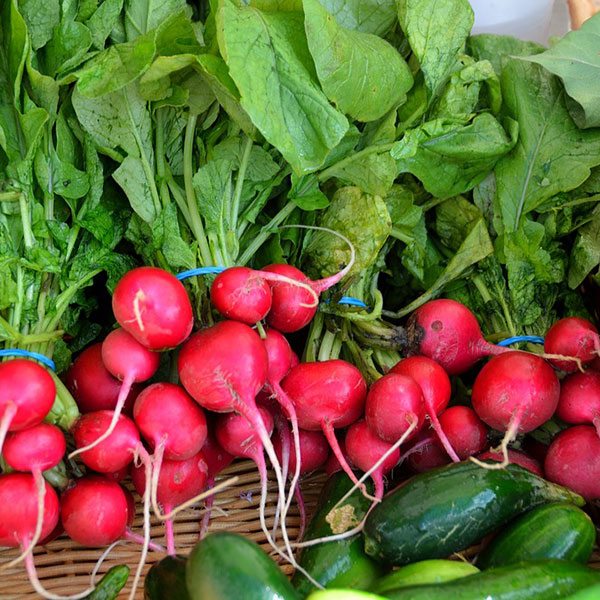
Raw risk factor
The impact of a raw food diet on heart health appears mixed. In one study, raw food eaters had lower levels of LDL cholesterol and triglycerides (blood fats) – good news for protecting against heart disease. But they also had lower levels of ‘good’ (HDL) cholesterol, the heart-friendly type that removes cholesterol from the arteries.
The teeth of raw-food dieters can take a hit too. One study found that adults who ate 95 per cent of their diet raw were more likely to have dental erosion than conventional eaters, mainly because they consumed an average 10kg of fruit, each week. “Fruit is preferable to chocolate, sweets and biscuits, which are high in added sugars,” says Bond, “but the natural sugars and acids in fruit are still bad for teeth when consumed in excess.”
Apart from anything else, there’s an increased risk of food poisoning if you’re eating raw eggs, meat, fish and unpasteurised dairy products, which is important if you have a weak immune system, are pregnant or elderly. Under no circumstances should babies and children follow a raw food diet.
The balanced approach
“The real issue to consider above all is whether you are eating a healthy balanced diet – one that contains at least five daily portions of fruit and veg, plenty of fibre-rich unprocessed starchy foods, as well as low-fat dairy and lean protein-rich food,” says Bond,“and limits fatty, sugary and salty food.”
Wrangham confirms there’s no reason to give up cooking. “It makes our food safer, creates rich and delicious tastes and reduces spoilage.” But he agrees with Bond: “We must find ways to make our dependence on cooking healthier.”
So it would seem the suggested benefits of eating raw are more hype than healthy. Ultimately, the best diet to follow is one that’s based on the now well-known healthy eating principles – a diet that includes a mixture of cooked and raw ingredients. As ever, it’s all about getting the balance right…
Juliette Kellow is a registered dietitian and nutrition consultant for Healthy Food Guide magazine.
Subscribe to our magazine
Food stories, skills and tested recipes, straight to your door... Enjoy 5 issues for just £5 with our special introductory offer.
Subscribe
Unleash your inner chef
Looking for inspiration? Receive the latest recipes with our newsletter
